Reduce carbon footprint
2023 accomplishments
The City adopted our first Climate Action Framework (CAF) in 2022, a blueprint to rapidly reduce greenhouse gas emissions and build resiliency to climate change impacts for all community members. In 2023, we laid the groundwork to achieve our bold goal of becoming carbon-neutral community-wide by 2040.
Advancing work to reduce the carbon footprint of our municipal operations
Pre-treatment Lagoon
Completed an energy-efficiency upgrade at the City’s Industrial Wastewater Pretreatment Lagoon. This project, which replaced aging mechanical and electrical equipment with a modern turbo blower needed to treat industrial wastewater, is anticipated to cut the lagoon’s electricity usage by 1/3 and save $100,000 annually.
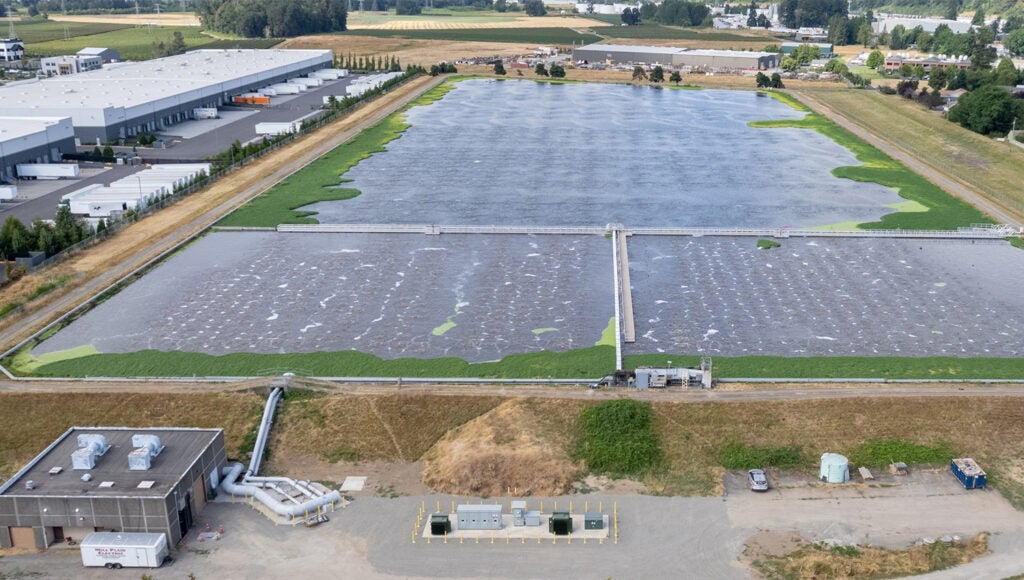
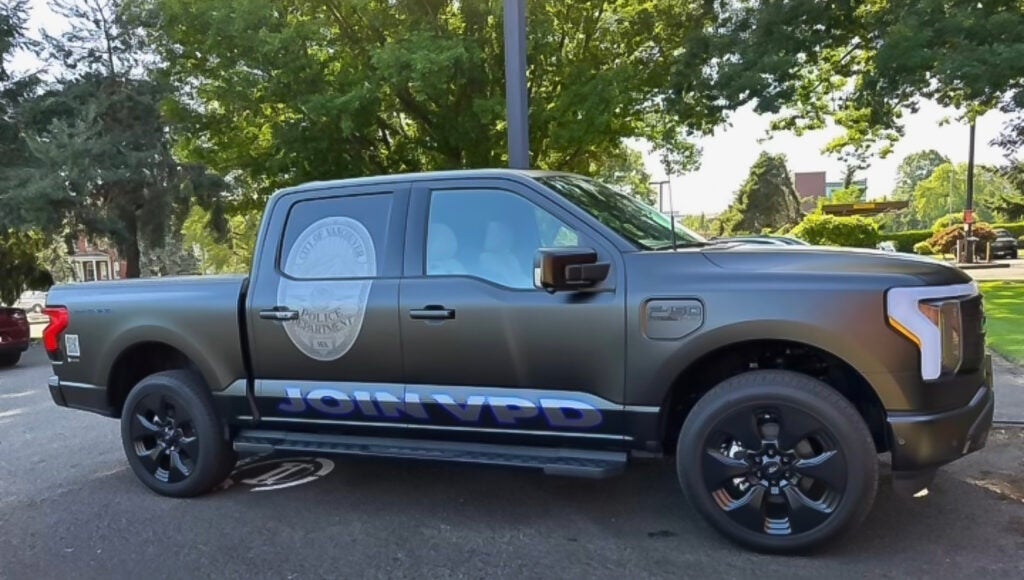
City fleet and equipment
- Added 12 new hybrid-electric and two new electric vehicles to the City’s municipal fleet and converted all diesel fleet equipment to renewable R99 fuel, reducing diesel emissions by up to 75%.
- Converted 10 City light-duty trucks to run off propane/Autogas, a cleaner-burning, environmentally friendly fuel that can reduce carbon emissions by up to 20%.
- To combat the significant pollution and health impacts caused by traditional two-cycle engine landscaping tools, the City added a suite of electric landscaping equipment, including blowers, string trimmers, pole saws and small chainsaws, to its grounds operations fleet.
Employee commute trips
Enhanced commute trip reduction program benefits and flexible telework options for City employees, resulting in the highest rates of employees using non-drive-alone commute options, like carpooling, biking, walking, taking transit or teleworking, in the City’s history. On average, remote work removes more than 470 car trips per week. Since implementing telework options at the onset of the pandemic in 2020, City Hall employees have reduced the average daily carbon emissions of their work commute by nearly half.
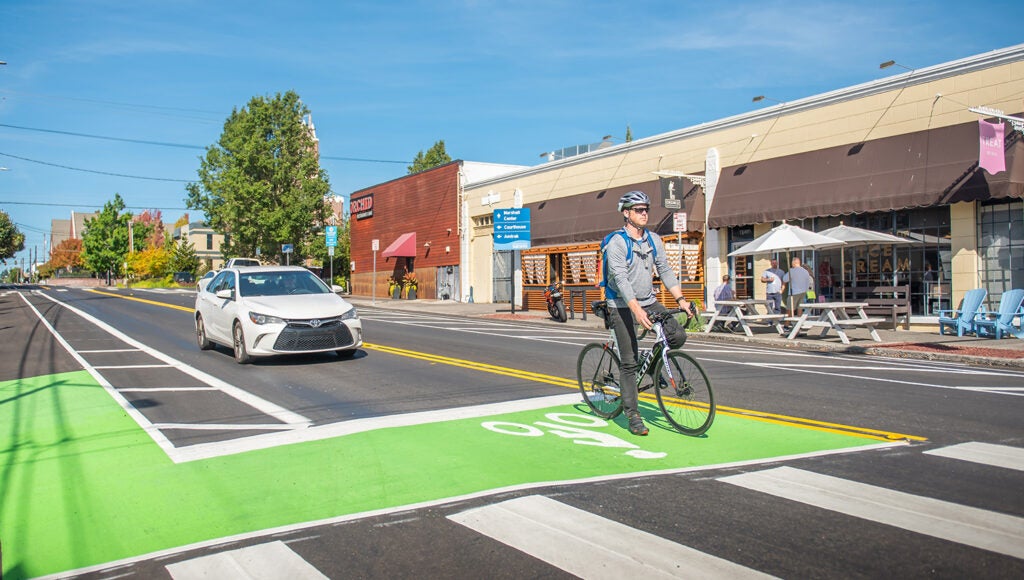
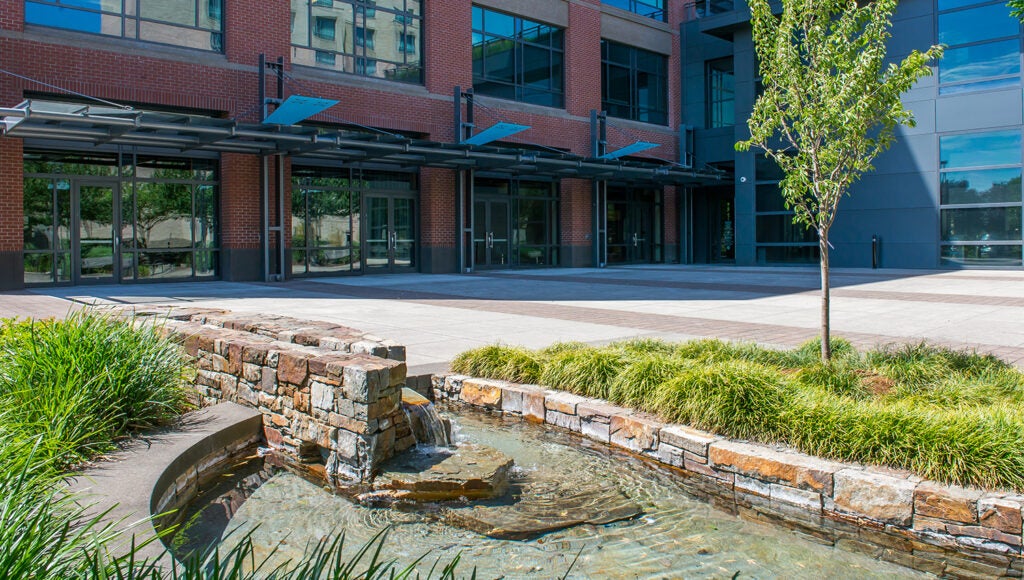
Facility energy efficiency
Began transitioning City facilities to renewable energy sources, including the purchase of a 10-kW share (the maximum amount allowed) of Clark Public Utilities’ new Community Solar East project. Participating in this program enables the City to lower its carbon footprint from building operations while supporting and encouraging the development of large-scale renewable energy projects in our region.
Protecting our environment and supporting a carbon-neutral future
Carbon reduction grants
Secured $1.86 million in funding from the Washington State Department of Commerce Climate Program, the USDA Forest Service Urban & Community Forestry, Washington State Department of Transportation Sustainable Aviation Grants, Washington State Department of Commerce Solar Plus Storage for Resilient Communities and the Southwest Regional Transportation Council Transportation Alternative Program for natural carbon storage, renewable energy, community resilience, green jobs and active transportation projects.
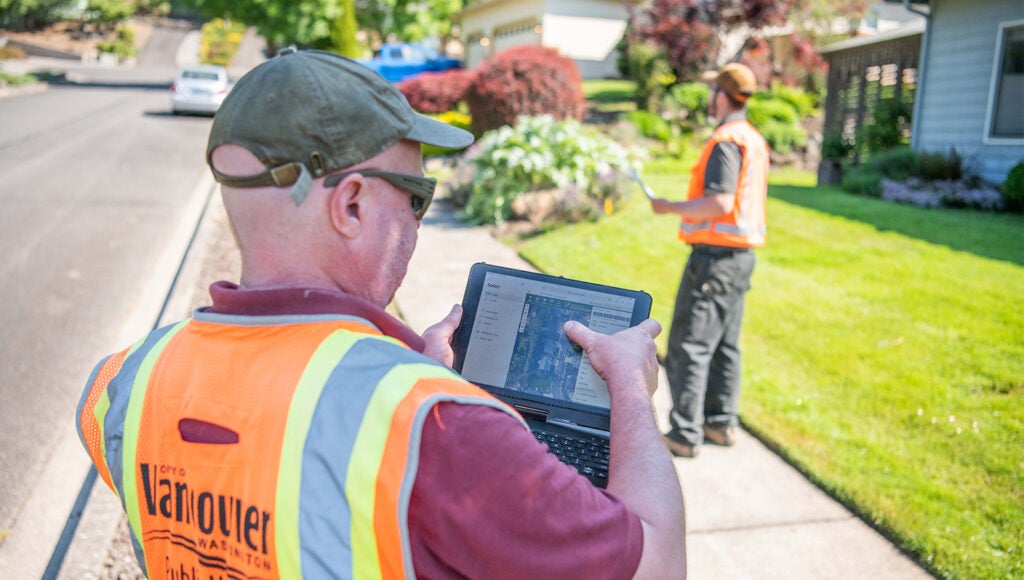
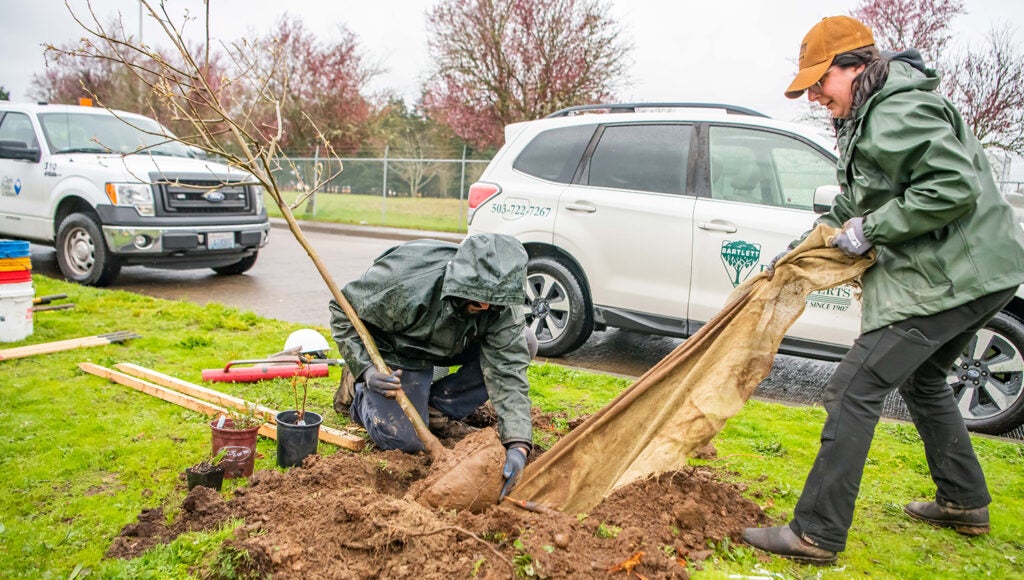
Trees
- Doubled our tree-planting capacity thanks to increased funding in the 2023-24 budget, with an impressive 95% survival rate for newly planted trees.
- Planted 2,476 native plants, trees, and habitat features at local parks through the City’s pilot Naturespaces program and another 12,000 in urban greenways and shoreline habitat areas like Burnt Bridge Creek through the City’s Greenways and Sensitive Lands program.
Small business waste
Received a $250,000 grant from the U.S. Environmental Protection Agency to launch a Waste Incentive Network (WIN), providing up to 500 eligible small businesses with a free, one-time drop-off disposal service for dangerous waste products that, if not disposed of properly, could pollute waterways and harm community health.
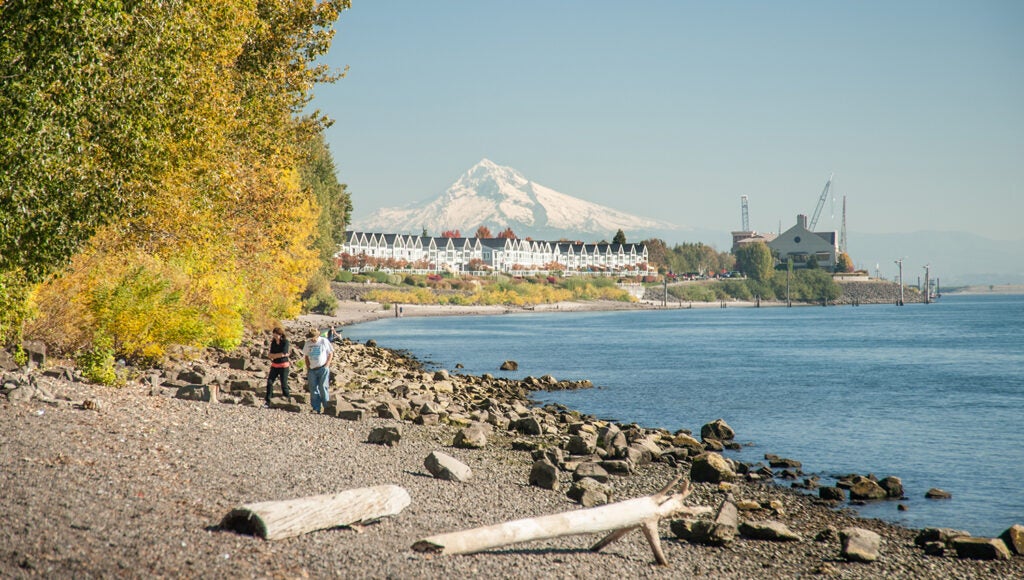
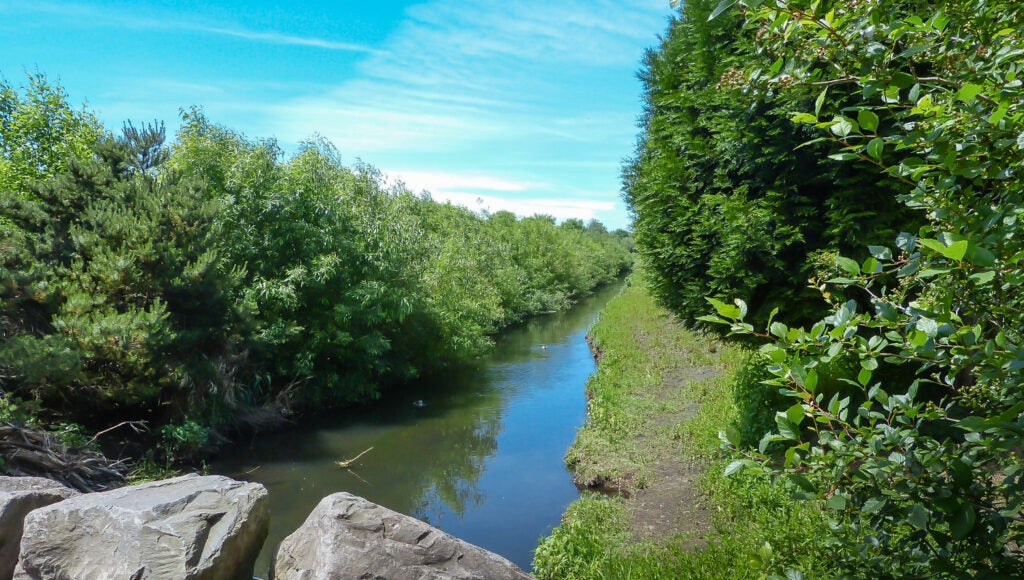
Stormwater improvement
Thanks to state Department of Ecology (DOE) grants, completed a N.E. Ross Street stormwater system upgrade that will help treat pollutants in rain and snow runoff from the street before it enters nearby Burnt Bridge Creek and nearly completed construction of an improved stormwater collection and treatment system, including streetscape plantings and street trees, along N.E. Fourth Plain Blvd., between N.E. 123rd and N.E. 131st Avenues. According to the DOE, stormwater runoff is the leading threat to Washington’s urban waters, streambeds, banks and habitats..
Litter removal and reduction
- Talkin’ Trash, a Share non-profit program supported by a City grant, cleaned up nearly 220 tons of litter and debris. In addition to improving community health and livability, the program offers Talkin’ Trash staff, who are experiencing homelessness or housing insecurity, work experience, case management support and training.
- Continued community education to improve citywide waste reduction and sustainability, including 22 free RecycleU education classes, 24 neighborhood cleanups and 10 Litter Steward events resulting in the removal of 305 pounds of litter from City property. We also awarded 59 solid waste mini-grants to further incentivize neighborhood-level sustainability efforts.
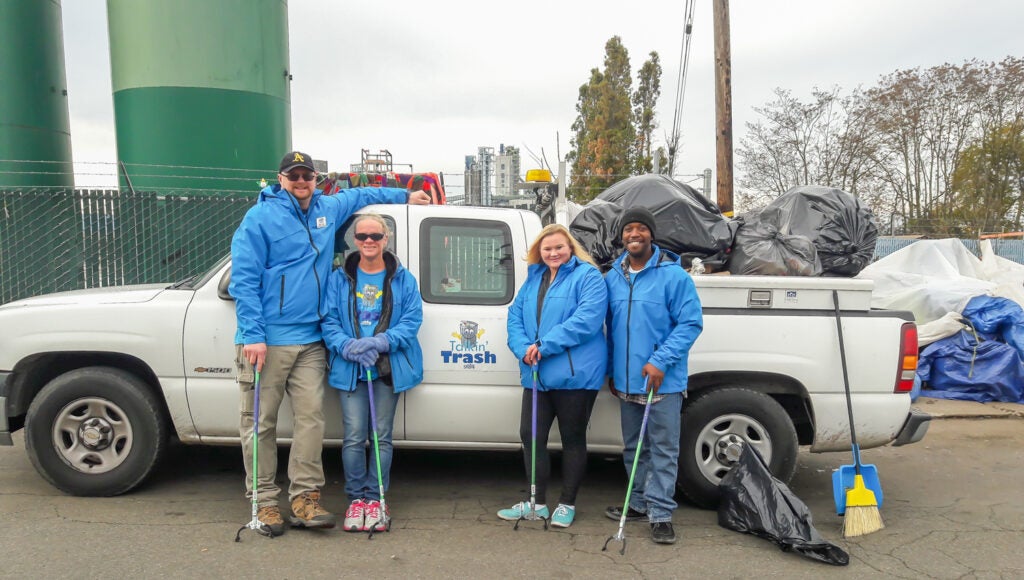
Watch more
For more on our work to address climate change, explore the Climate Action Framework Oct. 2023 Progress Report.
Next: Build and maintain exceptional public spaces and places / Browse: All topics

